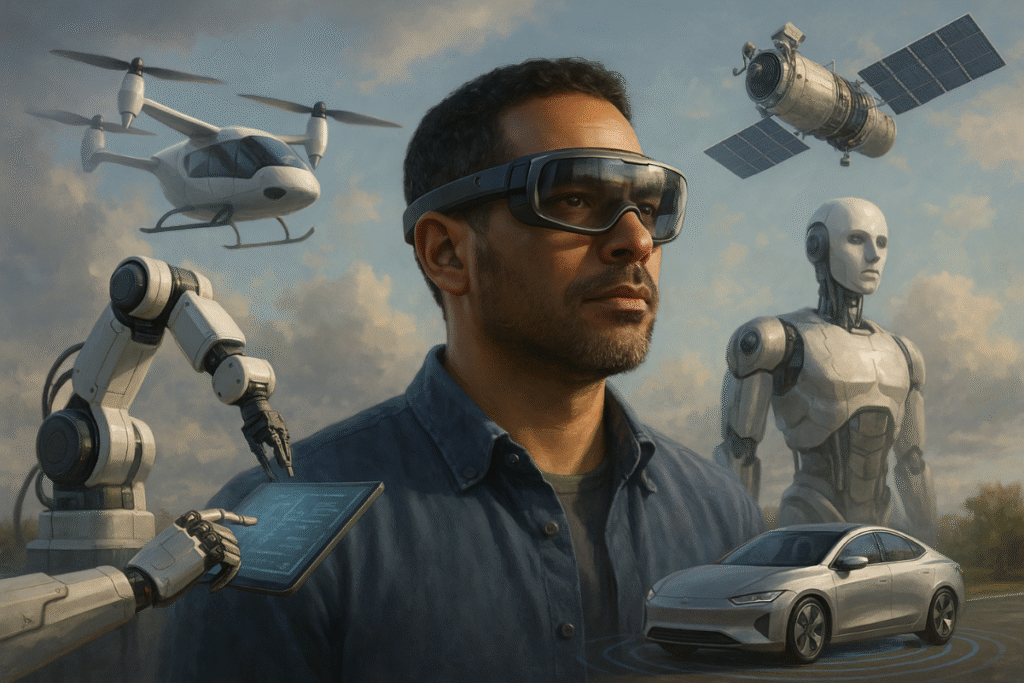Introduction
By 2025, technologies are advancing with fast pacing. From artificial intelligence to green energy solutions, every innovation changes not only those industries but also our daily lives. In this article, we will analyze the technologies that have emerged in this year with the highest impact and their implications for tomorrow.
1. Agentic AI: The Next Evolution of Artificial Intelligence

By 2025, cutting-edge developments in artificial intelligence (AI) are expected to be led by agentic AI. This innovative development replaces all previous AI models with self-governing systems that learn from these interactions, make decisions on their own, and adjust to changing circumstances without the need for explicit programming. It is revolutionizing sectors such as healthcare, finance, and customer service by creating much more personalized and efficient solutions.
2. Quantum Computing: Unlocking Unprecedented Processing Power
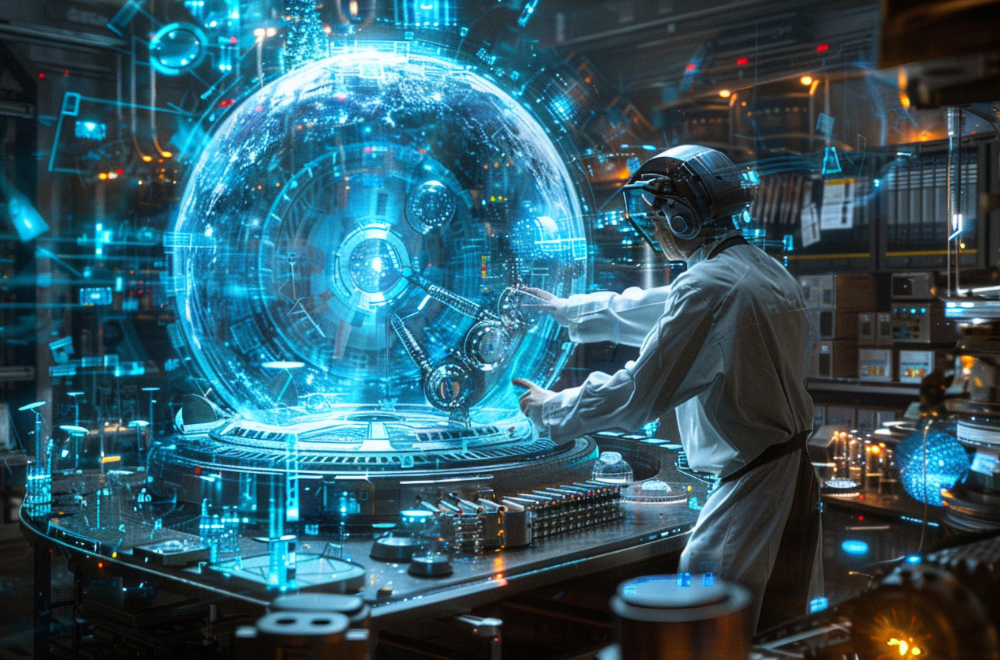
And starting from the year 2025, quantum computing shall evolve from theoretical realms to applied realms. One such stride made in this aspect is the introduction of questions that few-qubit quantum computers could already tackle. The next major step will be the development of more coherent and robust qubits coupled with better error-correcting techniques. With these advances, quantum computers will soon start studying important applications in cryptography, drug discovery, and climate modeling. Certainly, this power leap will finally address issues beyond the solutions classical computers could ever resolve.
3. Spatial Computing: Connecting Digital and Physical Environments
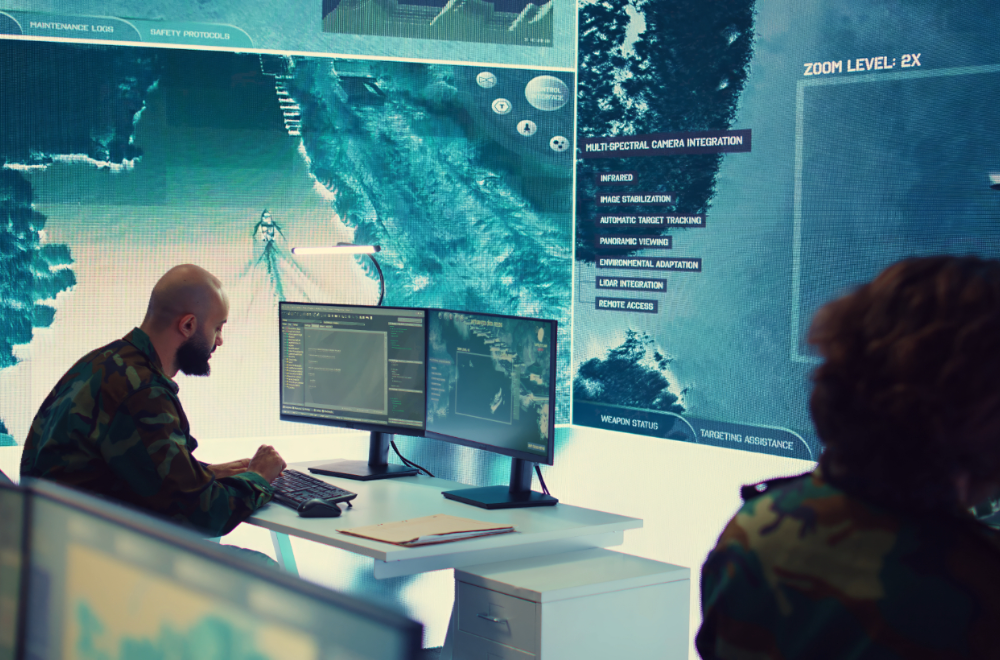
Spatial computing mixes the physical and digital worlds, making experiences more immersive and interactive. By 2025, this tech is changing areas like architecture, education, and gaming, letting folks engage with 3D digital objects in real life. The blend of augmented reality (AR) and virtual reality (VR) is opening up fresh ways for people to work together and visualize ideas.
4. Post-Quantum Cryptography: Securing the Future of Data
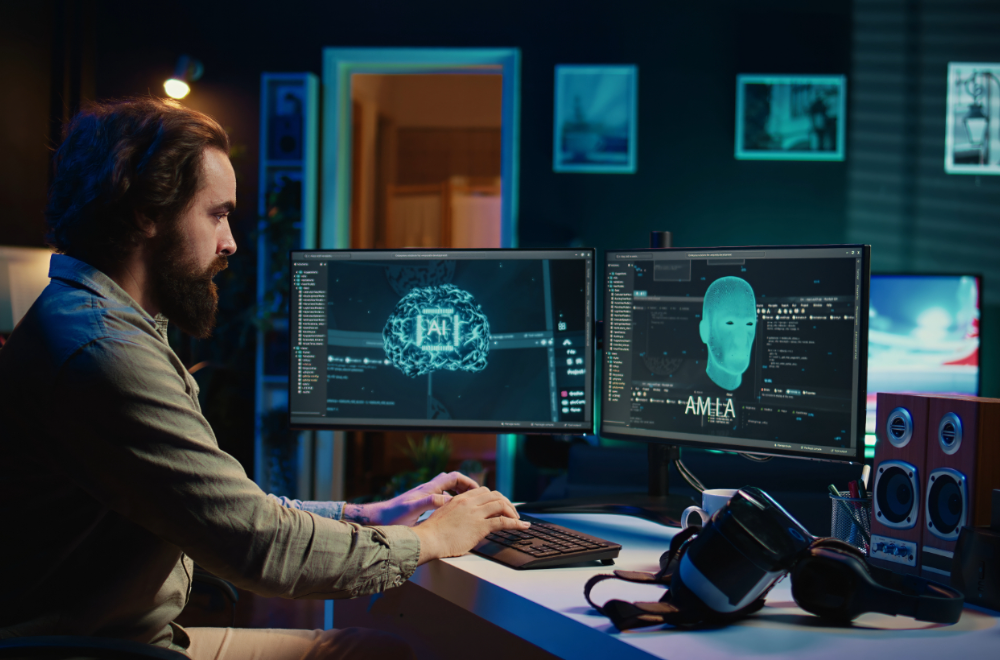
With the development of quantum computers, the risk of breaking classical encryption is looming large. Thus, post-quantum cryptography came into being, developing algorithms immune to quantum attacks. Organizations would start to implement these cryptographic standards in 2025 to maintain the long-term security of their data.
5. Neurological Enhancements: Augmenting Human Capabilities
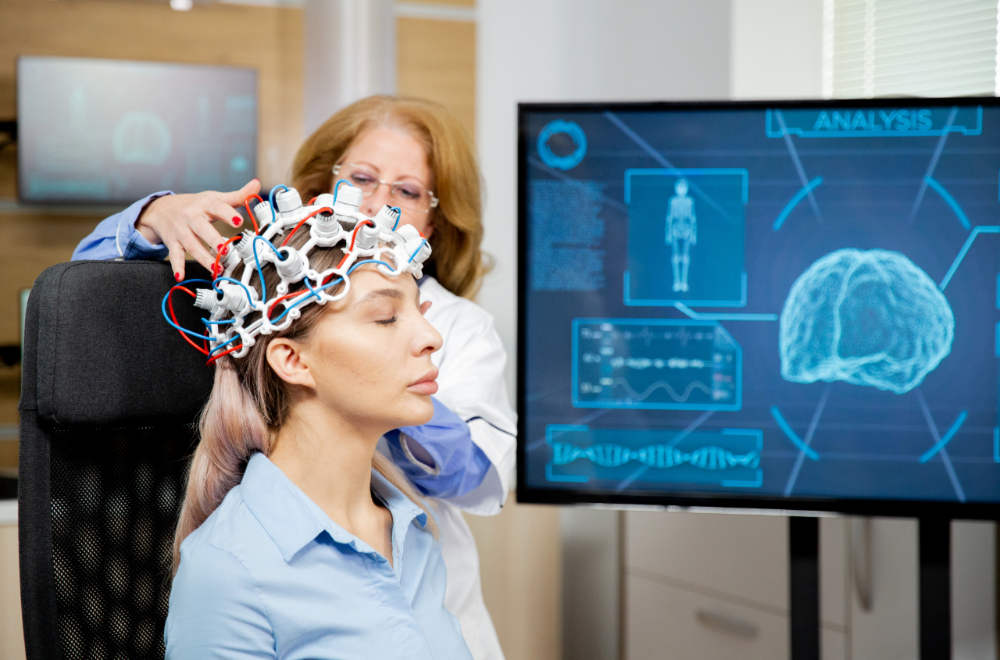
Further developments in neuroscience and biotechnology lead to advances in neurological enhancement. The technology here aims to enhance cognitive functions, treat neurological disorders, and interface with computers. Brain-computer interfaces (BCIs) are now being tested for applications such as prosthetic control or memory enhancement in 2025.
6. Energy-Efficient Computing: Sustainable Tech Solutions
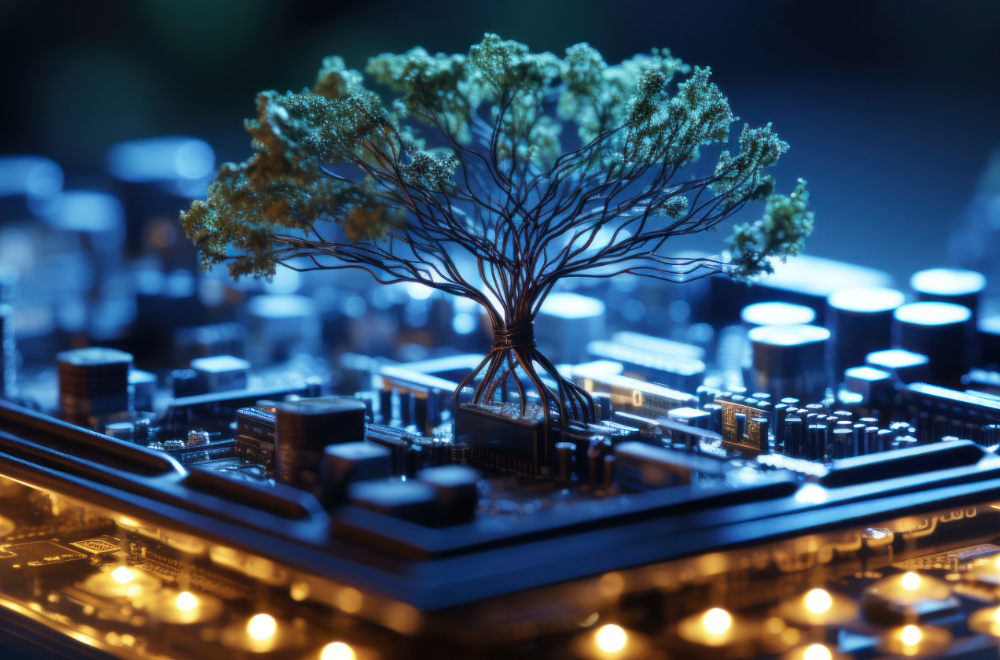
Over the years, with the demand for computing power on the rise, it has become imperative that energy-efficient technologies must also be brought into the general use. In the year 2025, it is the low-power processors, advanced cooling systems, and optimized algorithms that shall act to minimize the environmental impact on data centers and personal devices. These advancements are essential in realizing the sustainability goals of the tech industry.
7. Polyfunctional Robots: Versatile Automation in Action
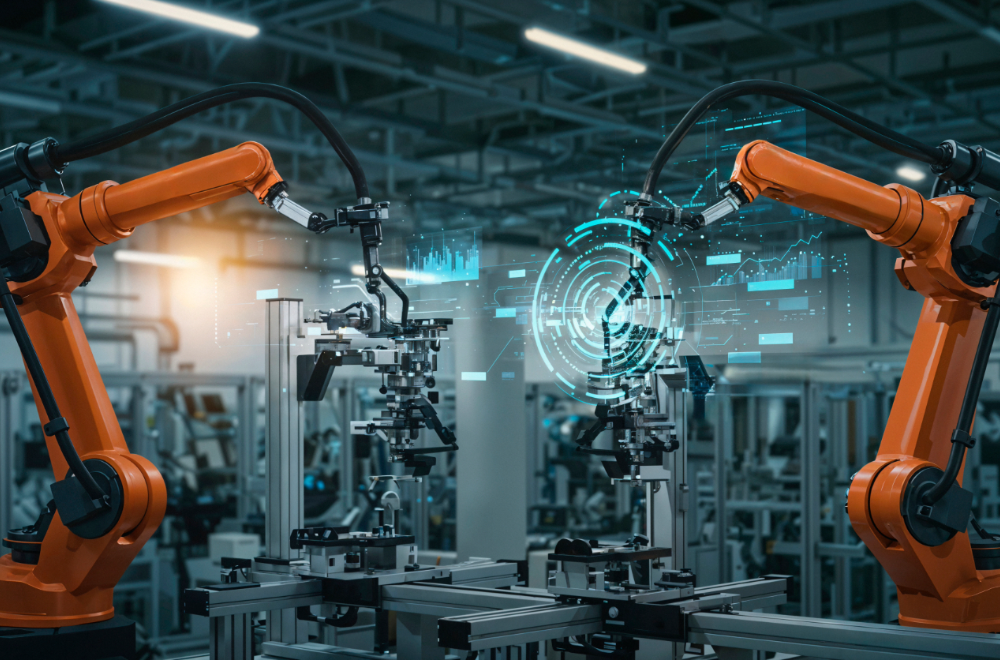
From single-purpose machines, robotics is evolving to multi-functional robots capable of performing diverse tasks. These adaptable robots are being deployed in manufacturing, healthcare, and disaster response by the year 2025, providing flexibility and efficiency. Their learning and switching ability is revolutionizing many automation practices across several sectors.
8. Disinformation Security: Combating Digital Misinformation
Digital misinformation has become a stumbling block to tackle. This spurs development of disinformation security technologies that give detection and countermeasures on false information in cyberspace. By 2025, AI tools will be introduced to monitor authenticity in content, safeguard public discourse, and sustain the integrity of information ecosystems.
9. AI That Blends Right In: Easy Use of Technology
Ambient intelligence is artificial intelligence systems that operate in the background sufficiently unobtrusively so that it can enrich an experience without requiring direct interaction with the user. In 2025, ambient intelligence integrated itself into smart environments such as home, office, and public spaces to automatically adjust the setting, including the lighting, temperature, and other environmental settings, to enhance occupant comfort and energy efficiency.
10. Hybrid Computing: Merging Classical and Quantum Systems
Hybrid computing mixes traditional and quantum computers to take advantage of both. By 2025, this method is improving how we tackle problems, using regular computers for everyday tasks and quantum ones for tougher calculations. This teamwork is speeding up progress in areas like materials science and logistics.
Conclusion
By 2025, technology is rapidly evolving and blending in many fields. In addition to enhancing what currently exists, these new tools are creating new opportunities. Making the most of these developments for your personal and professional life requires being current and being adaptable.
FAQs
A1: Key emerging technologies in 2025 include AI-generated content, quantum computing, 6G connectivity, brain-computer interfaces, extended reality (XR), biodegradable electronics, and decentralized physical infrastructure networks (DePIN).
A2: AI in 2025 is becoming more human-like in communication, powering tools like autonomous agents, real-time translators, AI copilots, and hyper-personalized recommendation engines. It’s also deeply embedded in healthcare, finance, and education.
A3: Quantum computing is moving from theory to early enterprise adoption. It’s being used for drug discovery, cryptography, material science, and financial modeling, offering computation speeds far beyond traditional computers.
A4: Though still in development, 6G promises ultra-low latency, real-time holograms, and seamless integration between physical and digital environments—enhancing everything from smart cities to remote surgeries.
A5: Sustainable tech includes biodegradable electronics, green hydrogen energy, carbon capture tech, and circular economy platforms—all aimed at reducing waste and supporting environmental goals.
A6: Biotechnology is driving DNA-based fitness, precision medicine, AI-driven diagnostics, lab-grown organs, and smart wearables that detect diseases before symptoms appear—making healthcare more predictive and personalized.

